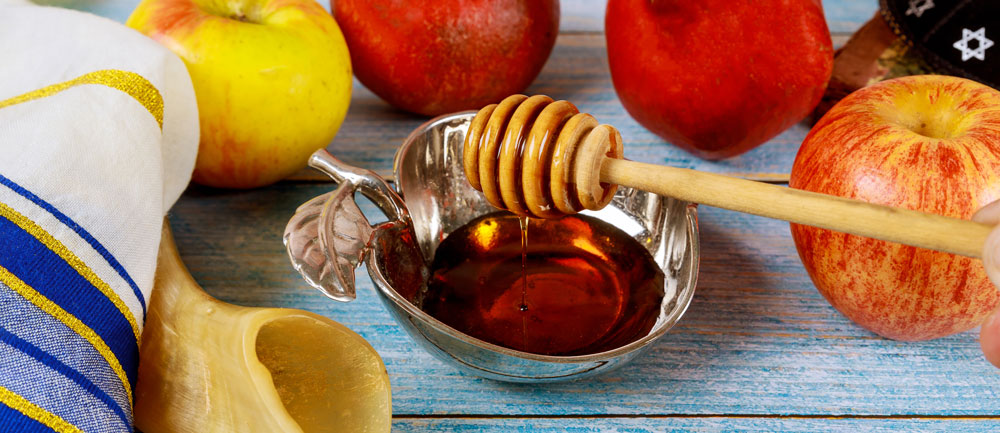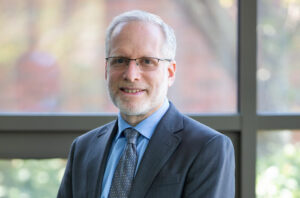Short Torah Teachings Rosh Hashana
Message from the Dean

Welcoming Tishrei
The other day, I had the pleasure of a conversation with our teacher, Dr. Nehemia Polen. He knows how much I love hasidic texts (as I do all the learning at Hebrew College), so he stopped by my office to share a rich and beautiful teaching we would enjoy exploring together.
It was a teaching on Rosh Hashana by Kalonymus Kalman Epstein, the great hasidic teacher and author of the classic Ma’or va-Shemesh, published in Krakow in the early 19th C. Filled with dense kabbalistic imagery, the central idea of the teaching is that through Rosh Hashana and Yom Kippur, we change our relationship to the world of contradiction to facilitate the fruition of the world. Judgment and mercy, harshness and compassion, pain and repair, anger and kindness, are all a part of our inner landscape.
But through the unique spiritual dimensions of the Yamim Nora’im (Days of Awe) we are able to approach these contradictions differently. By virtue of our restored connection to the source of all creation, we are able to transform the forces of pain, harshness and destruction into wells of creativity, growth and compassion. He calls the process one of hifukhim, revolutionary transformations, and they are the inner workings of what he calls “olam ha-teshuva,” the world of turning that is central to these days.

Already in my brief time at Hebrew College, I have come to understand that we are a learning community that dwells in complexity. We know that there are few straightforward paths—in Judaism or anywhere else—to marshal the healing gestures and wisdom to mitigate the harm and injustice of the world. But central to that complexity is the daring notion that human beings are vessels for ahavah—not only the love of emotion, but the kind of love that transforms pain into new life. In the language of the Ma’or va-Shemesh, our role is to initiate and let such “hifukhim,” revolutions in consciousness that become revolutions in action and ultimately, in reality.
Wishing you and all you love and care about a season of healing, hope and joy.
L’shana Tovah Tikatevu v’Tekhatemu.
Rabbi Justin David is Dean of Hebrew College’s Rabbinical School and Cantorial programs in Newton, MA. Meet him at Ta Sh’ma (Come & Hear), Hebrew College’s November Ordination Programs Open Houses (in person on Nov. 13 and online on Nov. 19).

